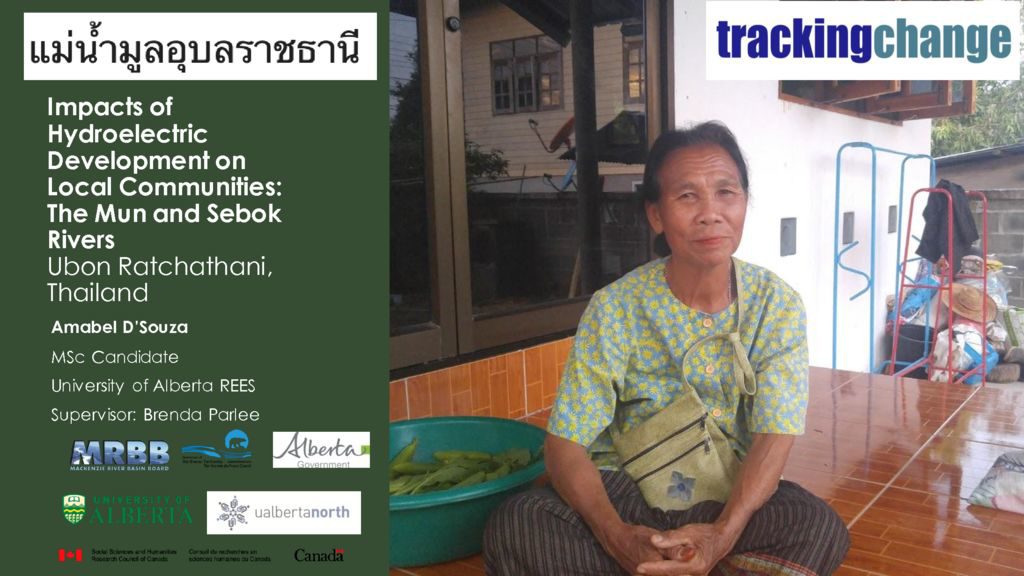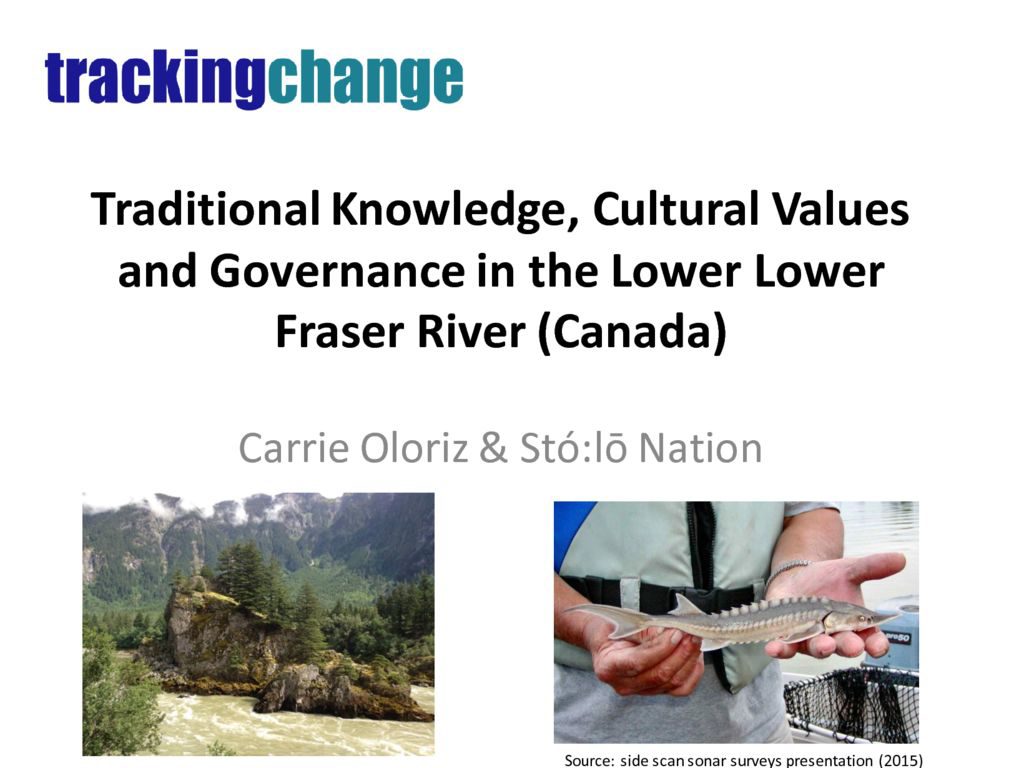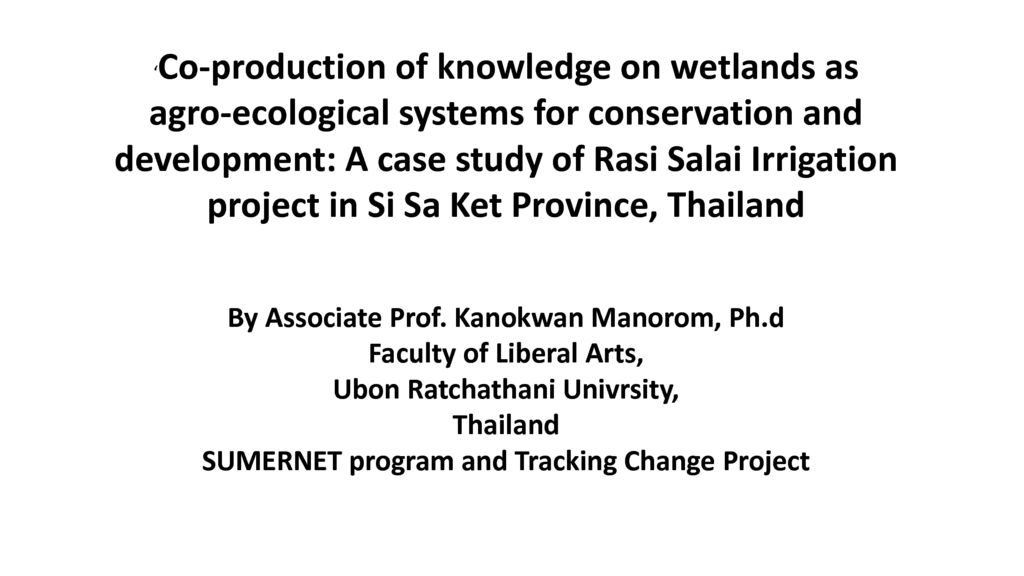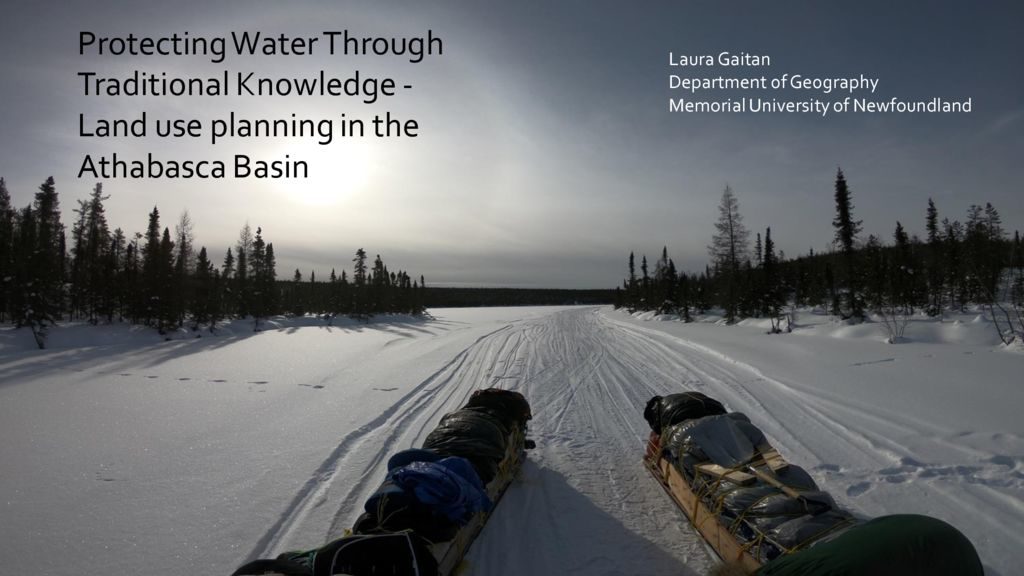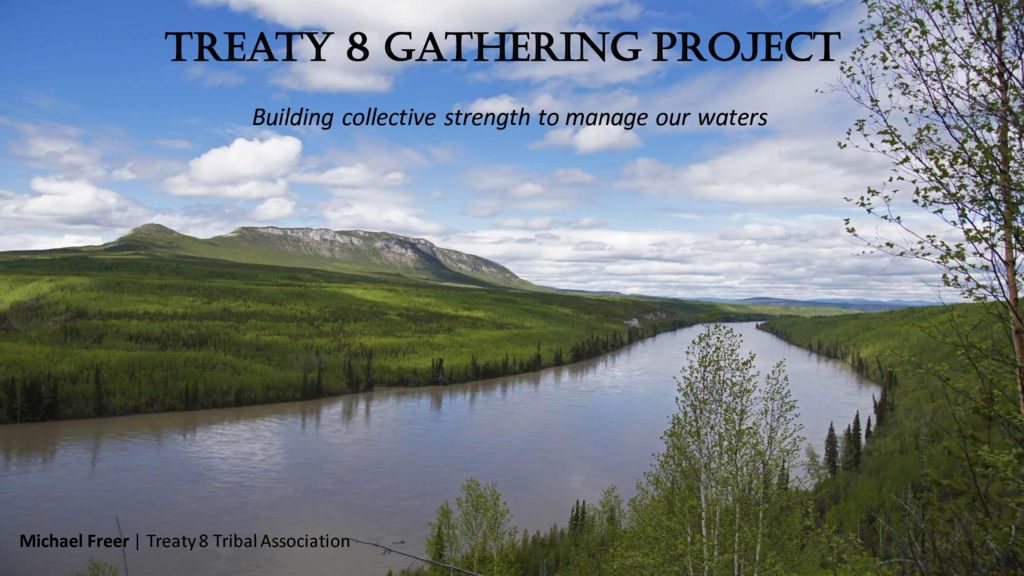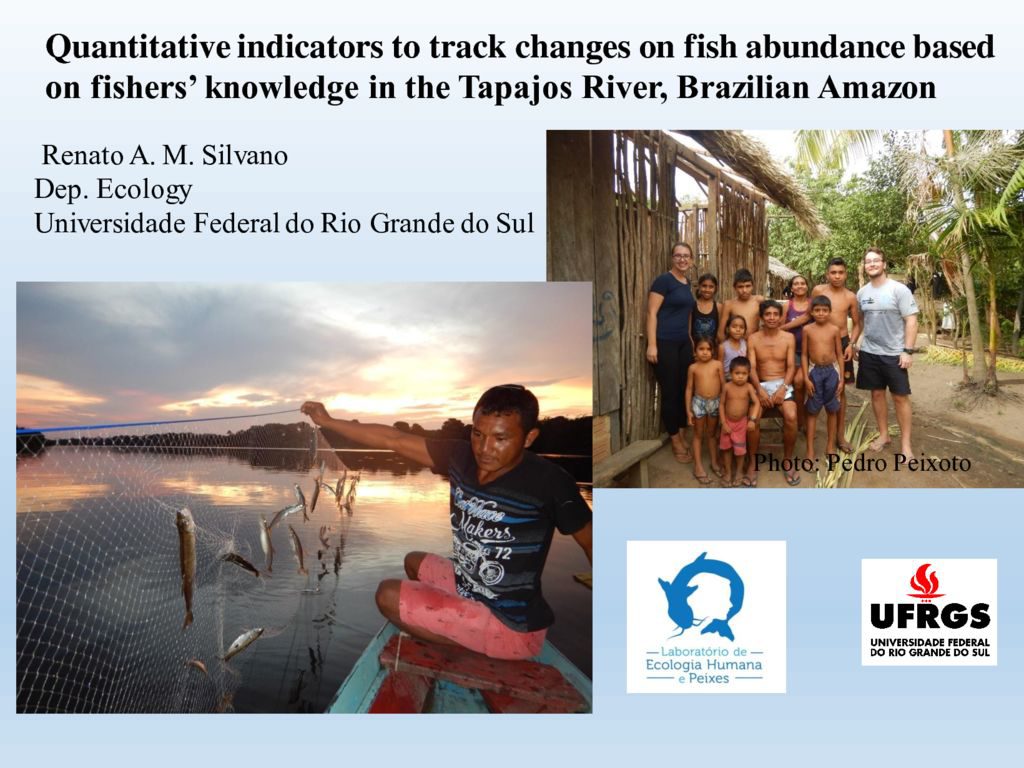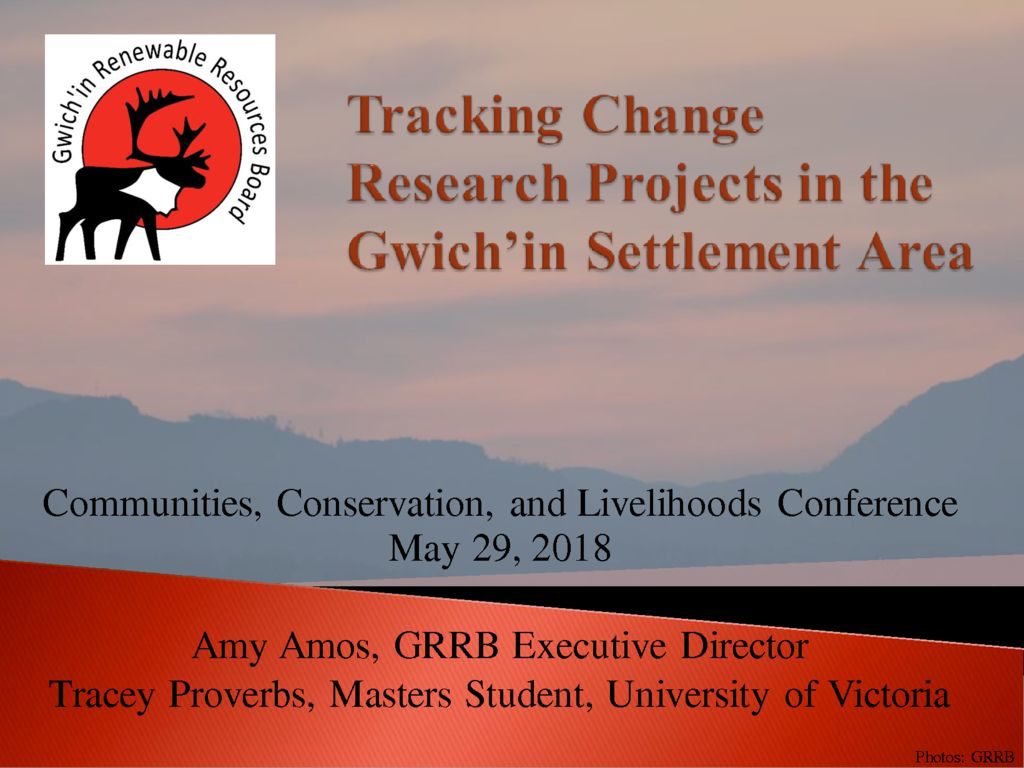27 Mar Community Based Monitoring – Tracking Change
Community-based monitoring has become a growing dimension of research and policy; many different case studies and insights about best practice are emergent in relation to freshwater ecosystems and fishing livelihoods in Canada and globally. The conceptualization, methodological approaches and policy context for community engagement in monitoring varies widely. The role of Indigenous peoples, as well as the opportunities for learning from local and traditional knowledge are also diverse. There is no “one-size-fits-all” approach; the needs and capacities of communities coupled with the particular disciplinary lens and skill sets of partners, including academics, create different kinds of opportunities and challenges.
This page brings together perspectives from researchers (graduate students, First Nation partners organizations, academic experts) on the diversity of approaches to local community-based monitoring. Papers shared by community partners speak to how research matters within their communities.
Issues of intellectual property rights, capacity building and meaningful communication are discussed with the aim of deepening our understanding of the importance of these growing dimensions of community-based conservation research and practice.
Key Themes:
Indigenous Issues, Climate & Environmental Changes, Engagement, Education & Empowerment, Wildlife & Fisheries
Click titles to expand section below:



